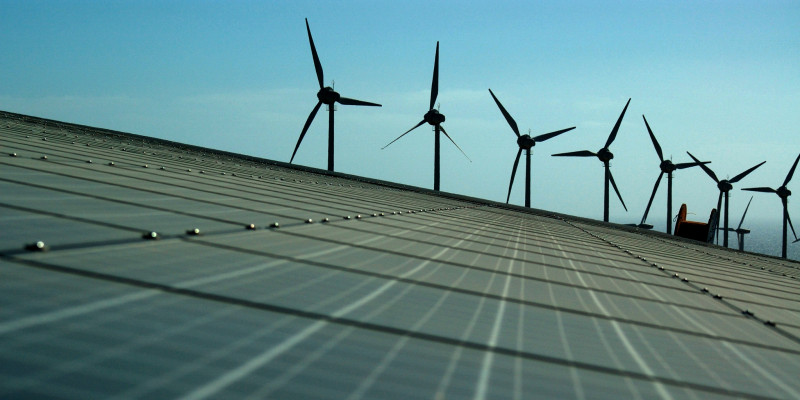Renewable energies, or just renewables, include wind and solar power, biomass, geothermal energy and hydropower. Renewable energies can make a significant contribution to climate protection. They also help to ensure supply security and to prevent conflicts over resources. The basic principle underlying the use of renewable energies is that electricity, heat and fuel are produced using either processes that occur in nature or renewable raw materials.
We monitor and evaluate the development of innovative and environmentally sound technologies. We advocate for the use of renewable energies by proposing appropriate instruments and measures that simplify the integration of renewable energies and support their sustainable expansion. The Renewable Energy Sources Act plays an important part in promoting renewable electricity. The Renewable Energies Heat Act and the Market Incentive Programme are designed to increase the share of heat generated that is renewable.
 Click to enlarge
Click to enlarge
